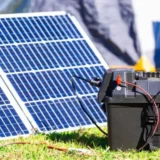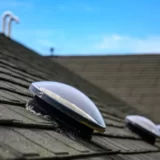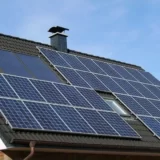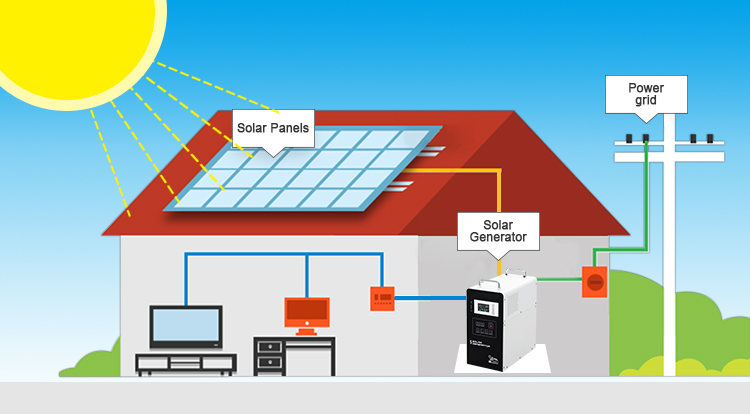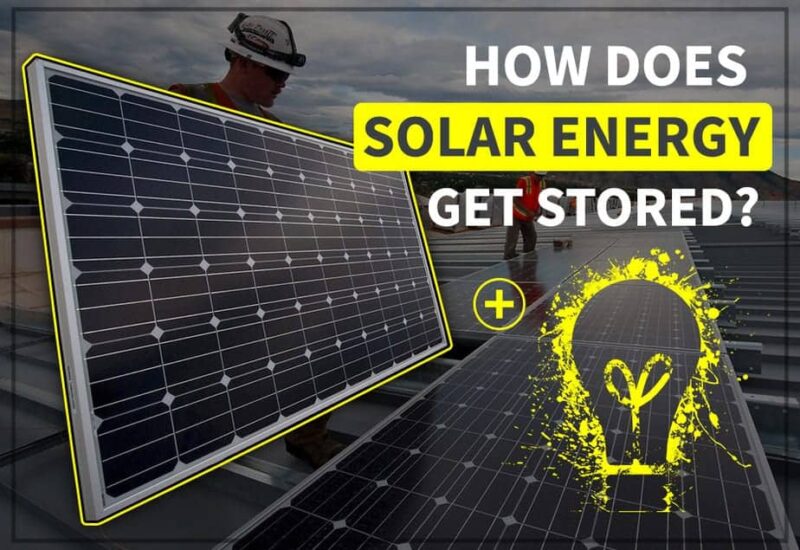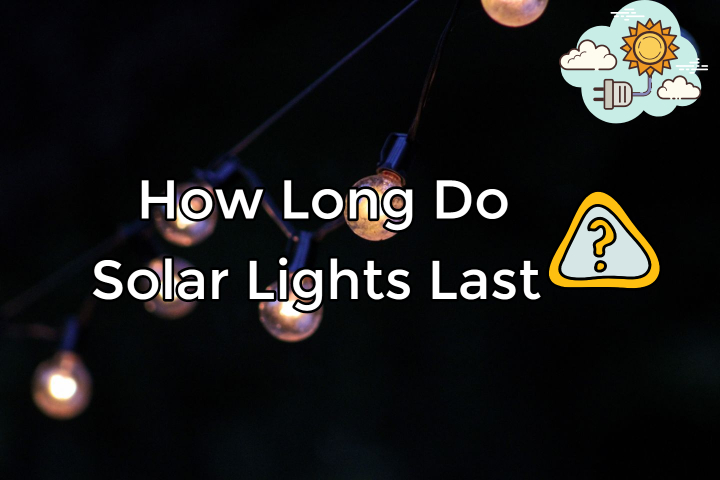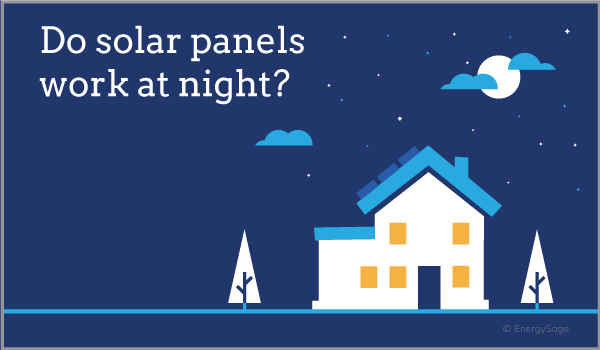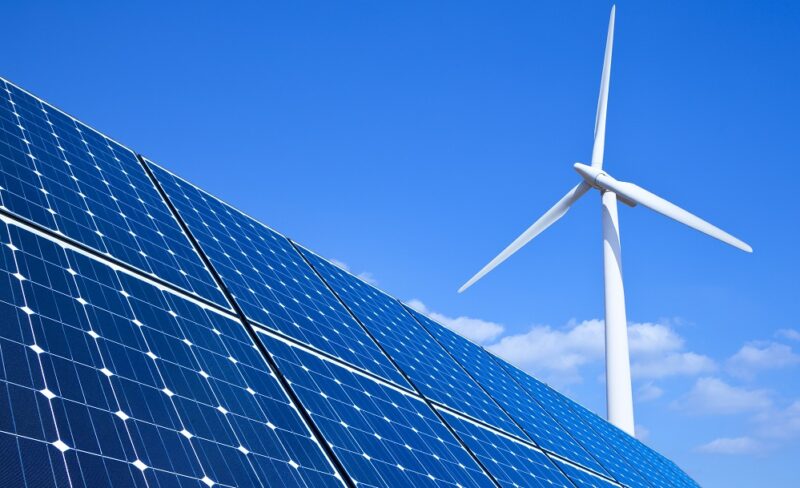Are you considering installing a solar pool heater and wondering how much is a solar pool heater? A solar pool heating system costs $2,000 to $5,000 on average, plus $500 to $1,500 for the installation labor. The cost of a solar pool heater will be discussed in this post, along with all the other information you need to know about solar pool heating.
It can be expensive to heat a swimming pool, especially if you use a gas or electric heater to heat up thousands of gallons of water.
Pool solar panel prices vary according to the type, size, brand, location, and whether the pool is above-ground or inground. Keep reading to find out the cost of your average solar pool heater, how it works, the pros, cons, and whether it’s the right option for you.
Table of Contents
How Much Does It Cost to Install?
The cost of installation depends on a number of variables. the size of your pool, the solar heater you bought, and the amount of labor needed to install a system
We are unable to provide an exact number because different businesses install the solar pool heating systems. Calling around and requesting at least five quotes is the best strategy for determining the installation cost of your pool heater. Use the one that offers the best pricing, customer service, and review combination.
If additional work is necessary, such as for a very large pool, a roof with a sharp angle, or other unusual circumstances, the cost may increase. However, the companies should collect this data when creating your quote.
Monthly Costs
Once you’ve installed a solar panel or mat, the last step in answering “How much does solar pool heating cost?” is determining your monthly costs. It’s important to keep in mind that running water through the pipes for your solar pool heater will require electricity, which you will have to pay for.

The cost to be anticipated is $10 or less per month, keeping in mind that you are already using electricity to power your pool pump.
However, there shouldn’t be any extra costs added to your monthly budget if you decide to heat your pool with a solar pool cover.
By utilizing a solar panel to run your electric pump, you can also lower your monthly electric bill. You might be able to do the work yourself, but the solar panel and electric pump will need conversion kits.
In addition to paying more for electricity when they run their pools, many pool owners also pay more for water. Pool owners use their outdoor hoses to refill their pools because pool water evaporation happens. Chemicals are included in the cost of pool operation because pool owners must also maintain their pools.
Factors Affect the Cost to Install a Solar Pool Heater
- Pool size – a larger pool needs more solar collector panels to heat the pool to the desired temperature.
- Location and climate affect the air temperature and length of the swimming season, dictating the number of solar collectors needed.
- Sun exposure – homes with ideal sun exposure, such as in Homes in Florida require fewer panels than those that are partially shaded.
- Collector type and efficiency – glazed collectors are the most efficient but most expensive to install.
- Inground vs. above-ground pool – solar heating for inground pools typically costs more.
- A flow control valve and automatic diverter valve cost $325 to $600. Bypassing the solar collectors on cloudy or wet days, a controller improves efficiency and performance.
- Rebates and tax incentives may reduce the total installation cost, depending on location.
- Plumbers charge $45 to $150 per hour. Install the solar collector panels as near as you can to the pool pump to save money on plumbing.
How Do Solar Pool Heaters Work?
Two major components comprise a solar pool heater: Solar heating panels & a swimming pool pump Yup, just those two parts make up a “solar pool heater”. A solar pool heater doesn’t have a physical heating component like a pool heat pump or gas pool heater; instead, it consists of two independent components that work together. Because of this, they are more frequently referred to as solar pool heating systems (much less confusing). Let’s discuss how solar pool heaters operate now that we have a clear definition of what they are. How solar pool heaters work:
- Pool pump sends water through the pipes to a diverter valve
- Diverter valve sends water up the pipe leading to the solar panels
- Solar panels are usually positioned on top of a roof, on fence, or a ground-level platform facing the south
- Water slowly travels up through the panels, heating as it passes through
- Heated water travels down the panel’s outlet pipe
- A check valve, which prevents back cycling between cold and heated water, directs warm water into the pool
Read More: How Fast Does A Solar Cover Heat A Pool?
Does Solar Pool Heating Work in the Winter?
No, unless you reside in a region with more consistent sunshine, like Florida, California, or Arizona. Having said that, it’s crucial to keep in mind that the effectiveness of solar pool heaters is still significantly influenced by outdoor temperatures. The low fifties are still a possibility occasionally in places like Florida and California.
A solar pool heater would be ineffective at this point and unable to maintain a warm enough temperature for a relaxing swim. On the other hand, a heat pump pool heater would still be able to heat your pool in this scenario whether or not the sun was out.
So when you consider the issues of low temperature and limited sun exposure, it’s easy to see why many pool owners use solar pool heaters as back-up to more on-demand heating systems like gas heaters or pool heat pumps (which can heat your pool at outdoor temperatures of 30 degrees)
Pros of Solar Pool Heaters
There are many advantages to solar pool heaters, far outweighing the drawbacks. Here are some of the more obvious ones:
Easy Maintenance
A solar pool heating system has just a few components. Hence, it requires little to no maintenance for many years.
Adequate Heating
Solar pool heaters have no trouble raising the temperature of your pool if you live somewhere with lots of sunlight. Additionally, if you pair the heater with a solar pool cover, you’ll always be able to swim in warm water.
Use Automatic Diverter Valves
You can purchase an automatic diverter valve that automatically senses the pool temperature and directs water to the solar panels for a small additional cost. a wide range of a wide range of a range of a range of a range of a range of the a range of the a a a
Cons of Solar Pool Heaters
There are other considerations besides price that could make a solar pool heater the incorrect choice for your house.
Time Intensive
Solar pool heaters can take a while to heat up your pool. The length of time required, however, is greatly influenced by the size of the pool and the weather. If you need a heater that heats up quickly, these heaters probably aren’t for you. Even with constant sunshine, solar pool heaters can take all day to raise the temperature of your pool by 5 to 7 degrees.
Additionally, the likelihood of consistent sunlight is slightly reduced in the winter months when you would actually prefer to swim in a heated pool.
Needs Sunshine
Solar pool heaters have one drawback: they can’t operate on cloudy, rainy days. a s and a as ass and a a a a a a a a On days when the sun is not out and it is chilly outside, warm water is a blessing. Solar pool heaters can’t transfer heat energy to your pool’s water, however, if there isn’t consistent sunlight.
Solar Pump
Without a solar pump, your pool’s water cannot be heated for “free.” To pump water to the solar panels, you need electricity. Your energy bills may rise as a result of this. Nevertheless, as we already mentioned, the increase in utilities is relatively small, especially when compared to other pool heating options.
Final Words: Are Solar Pool Heater Right for You?
If you live in a region with a warm climate and lots of sunshine, a solar pool heater is an affordable option. Before choosing a solar pool heater, you should take into account your winters’ length and whether or not you have room on your roof.
Solar pool heaters, however, are a better alternative for pool owners who want to extend their pool season, quickly heat their water, and be able to swim in any weather. Consider other options like pool heat pumps or gas pool heaters for reliable on-demand heating.
Related Post: Is Solar Pool Heating Worth It?
Frequently Asked Questions
How Long Do Solar Pool Heaters Last?
Solar pool heaters last 15 to 20 years if properly installed and maintained. A 12-year warranty is typically included with systems. The lifespan of solar pool heaters is greater than that of gas and heat pump pool heaters.
Are Solar Heating Panels Expensive to Run?
Running a solar pool heater costs $10 to $25 per month—a lower operating cost than all other pool heater types. The system uses the pool’s existing pump to circulate water through the collectors, which increases the pump’s electricity consumption. The solar panels themselves consume no electricity.
Is Solar Pool Heating Worth It?
The swimming season is extended and energy costs are reduced by solar pool heating. In sunny climates, solar pool heaters are the most cost-effective heating option with a payback period of one to seven years.
Solar pool heaters are less effective in colder climates with less sunlight or for homeowners who want their pool to heat up quickly.
How Long for a Solar Heater to Heat Pool?
A solar heater takes 1 to 3 days on average to heat a pool, depending on the location, climate, and current air temperature. At the start of the swimming season, pools in the cooler northern regions can take up to a week to warm up.


